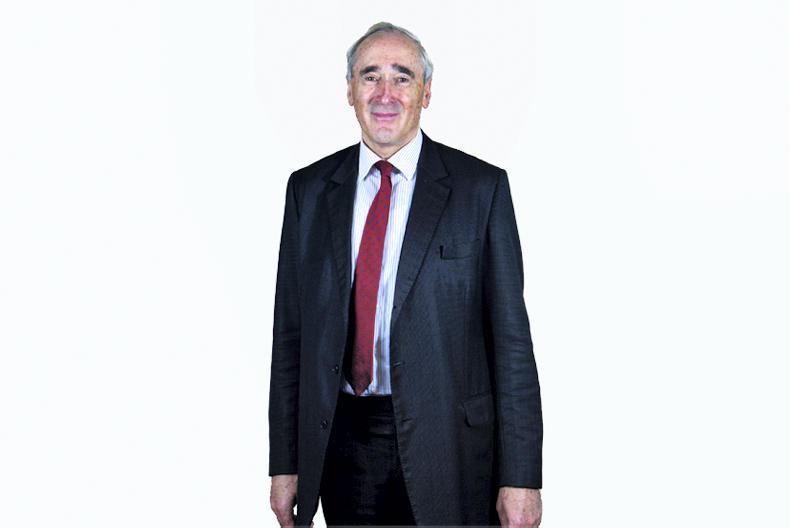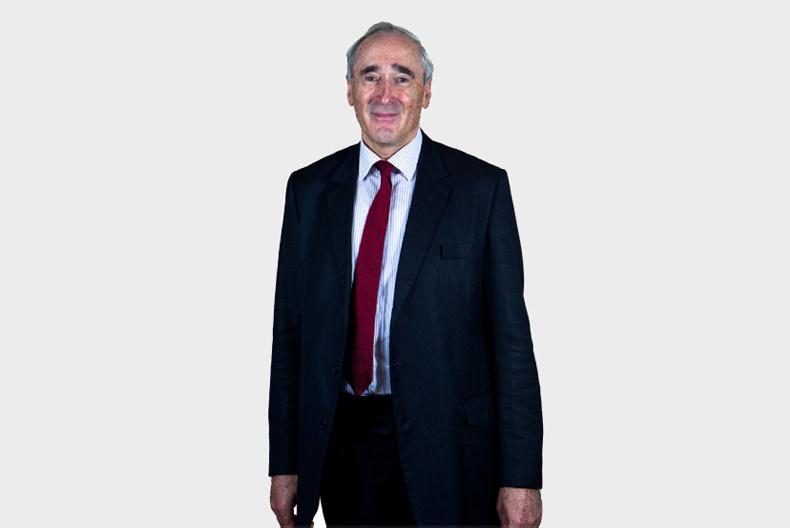There are some aspects of Irish public life that are exemplary and of world standard. Our strategy in attracting multinationals has, by any reckoning, been an outstanding success. I have never heard the slightest breath of an accusation that our judiciary are corrupt and our education system has meant those from the most humble beginnings can aspire to the heights of politics and economics in the country.
But there are also areas where we are clearly getting it wrong and do not seem to learn. Among the standout failures are broadband penetration, lack of value for money in health spending, the debacle over Irish Water, the extraordinary cost and hence the unwillingness of local authorities to build houses and, of course, the recurring examples of administrative chaos in the gardaí. Each of these areas has policy specialists and yet we do not seem to be able to develop logical plans.
A recent study by the European Commission put Ireland at the very bottom in the percentage of fibre connection out of total broadband subscriptions – far behind countries much poorer than us such as Spain, Portugal and Mexico.
The dismantling and privatisation of the old State monopoly of Post & Telegraphs was disastrously handled with the succession of owners intent on maximising short-term gains to the disadvantage of the public and their access to a necessary public utility.
On the health side, we are spending as a proportion of GDP closer to the US level rather than the European norm but, while aspects of the service are excellent, the waiting times in the medical service are in many areas extraordinary. This forces those who can afford it to take out private health insurance which, as a proportion of the population, is way out of sync with the European norm. This also reduces the number of better off consumers who feel strongly about the inadequacies of the system. The recent disclosures of unqualified specialists filling consultant posts adds to the unease.
The political system buckled in the face of vocal minority protests over modest water charges. Sewage treatment and the provision of clean water are normal in even a quasi-developed society. However, they have to be paid for and it’s not surprising that many rural dwellers feel doubly charged in having to foot the bill both through tax and in making private provision for their own needs.
We have an Institute of Public Administration and a Department of Public Service and Expenditure – now absorbed into the Department of Finance – but seem unable to make progress in key areas.









SHARING OPTIONS